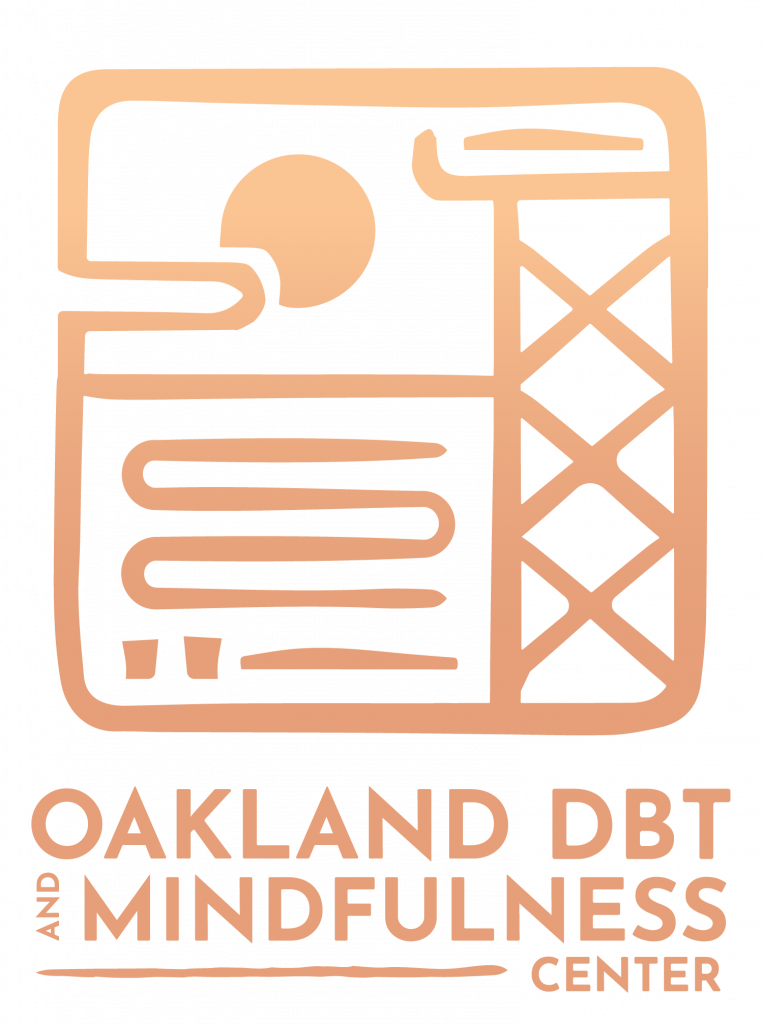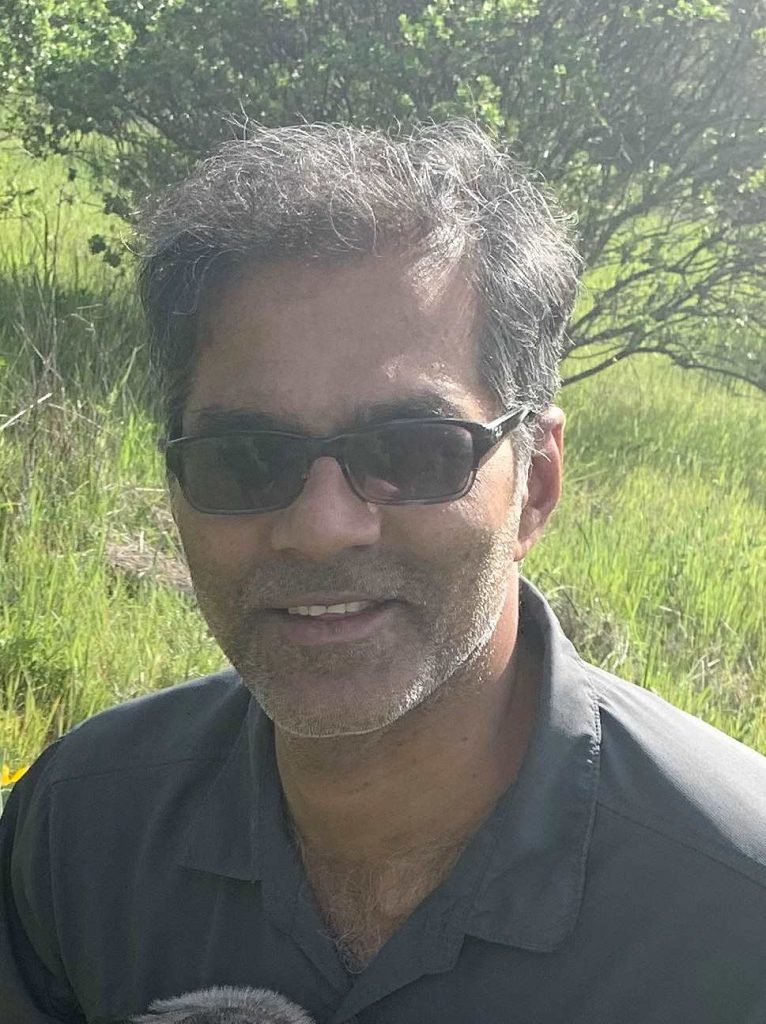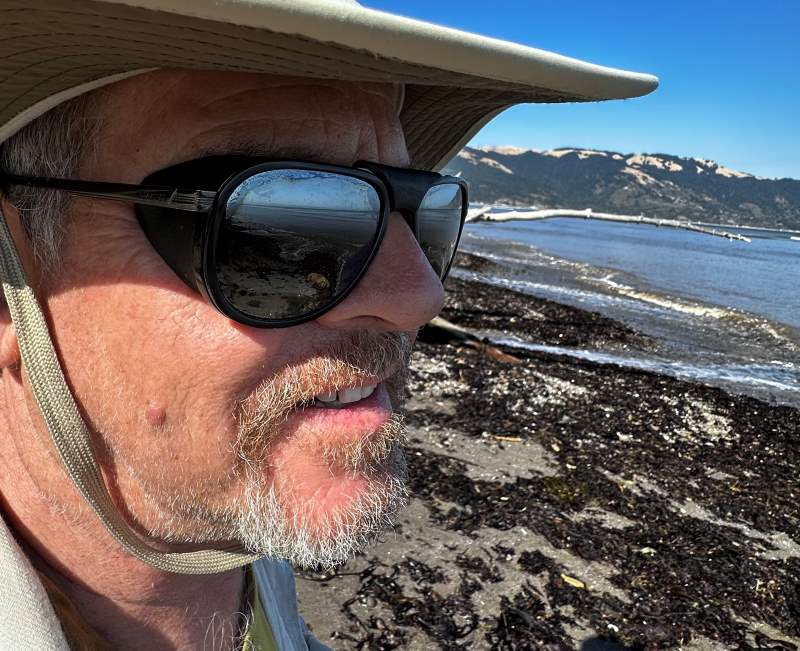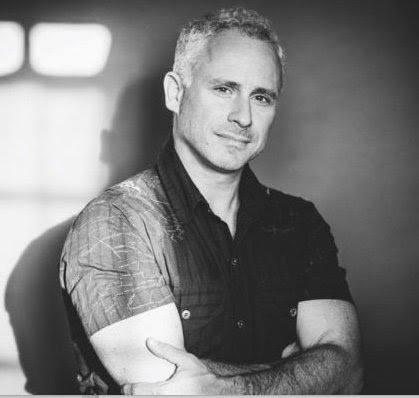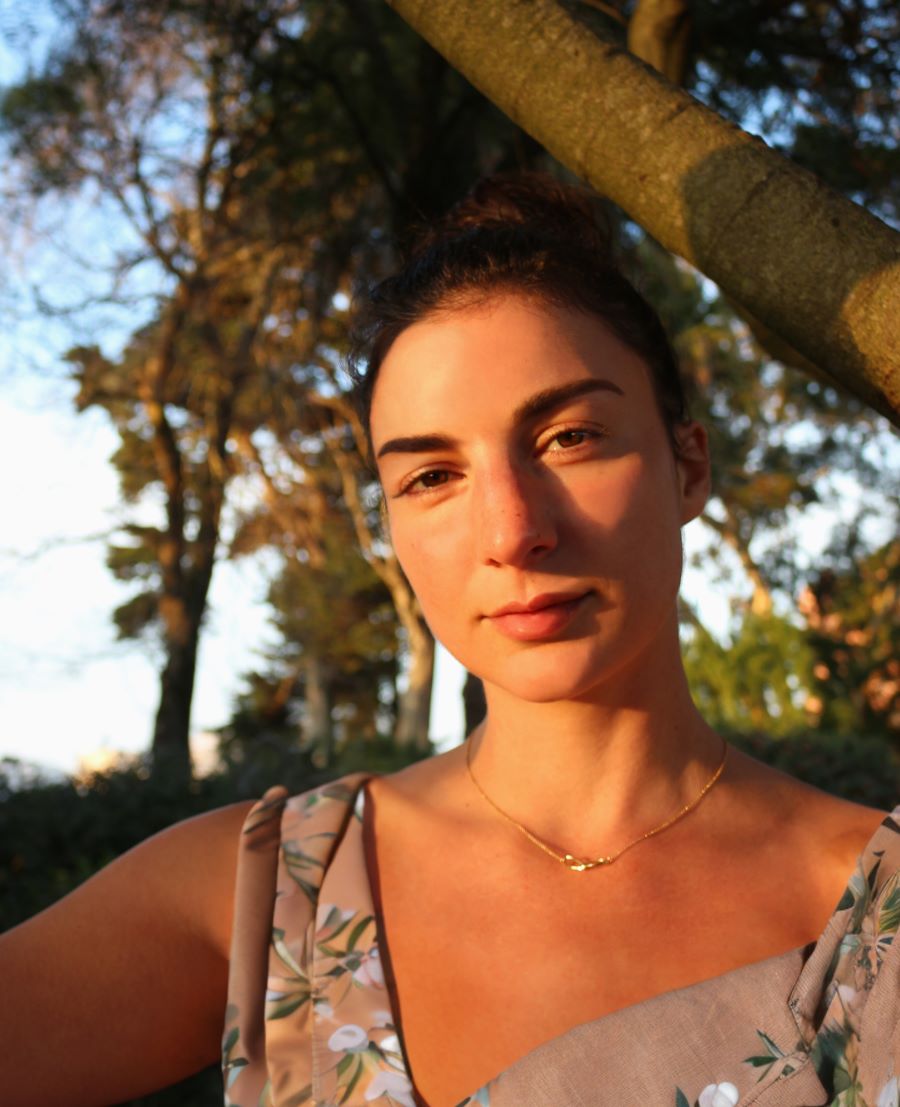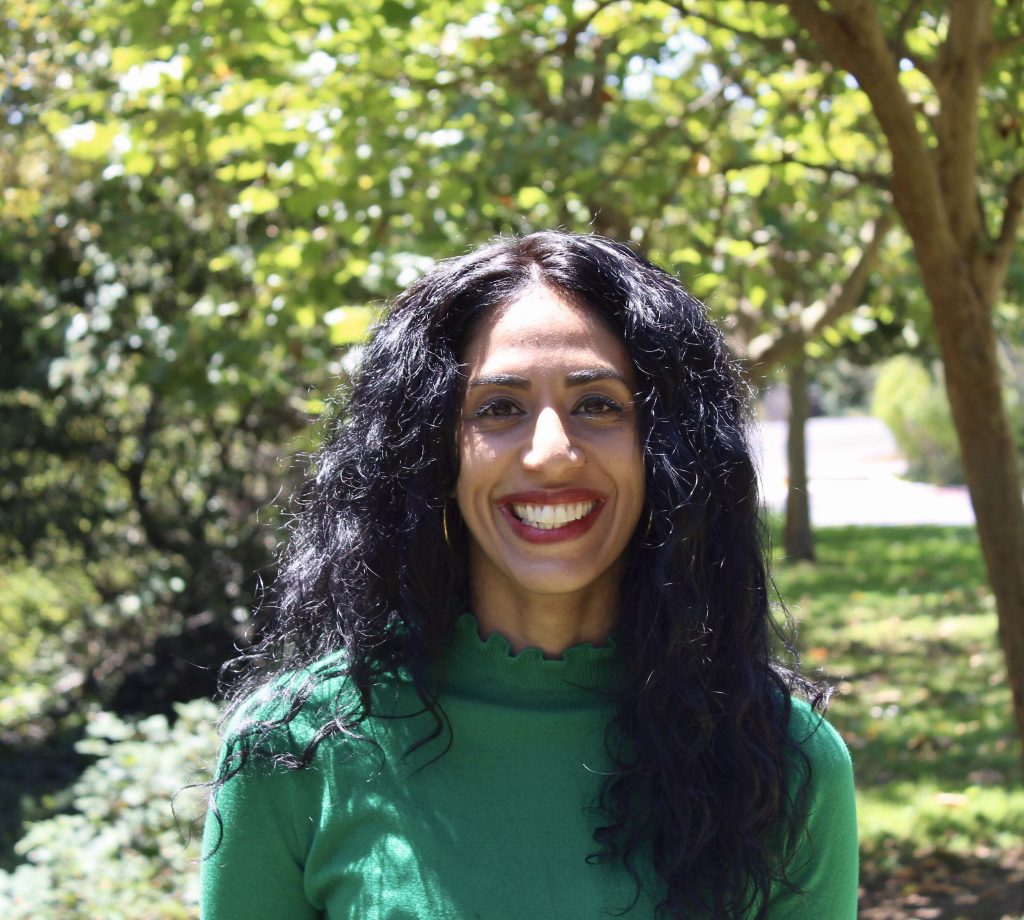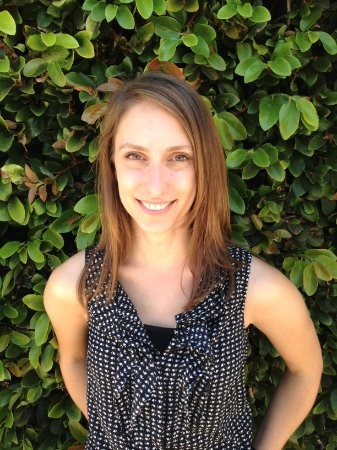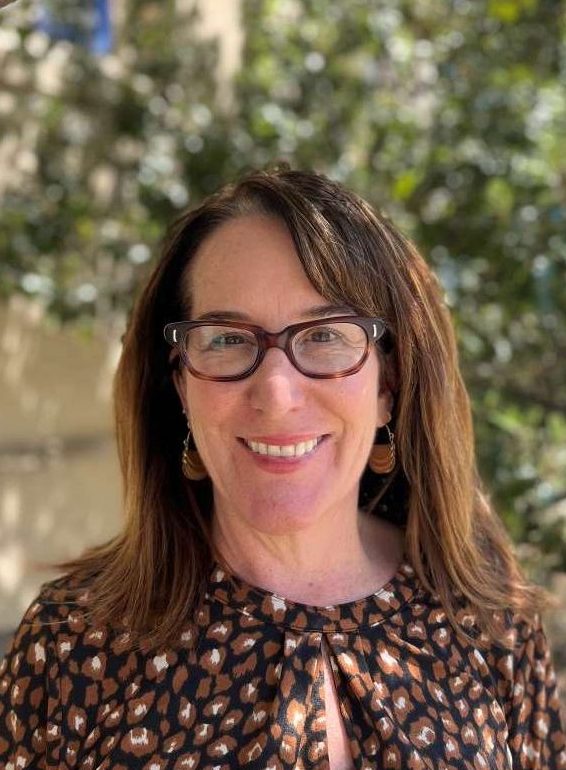Strategies for coping: Radical Acceptance
Martin Luther King, Jr. Day is a holiday from work or school for some people, but it’s first and foremost a day of remembrance of a man who paid with his life for speaking his truth in the name of freedom. Listening to first-hand accounts from those who remember where they were when MLK Jr. was assassinated, it’s not uncommon to hear people remark, “I couldn’t believe it, wouldn’t believe it!” and “Why him, when he did so much for peace?”
Radical acceptance is one of the most difficult concepts to grasp in dialectical behavior therapy (DBT). In many cases, people argue, “Why should I accept something that’s so wrong? I can’t agree that something harmful or wrong that was done to hundreds, thousands, or millions of people is OK!”
The key to radical acceptance is understanding the subtle difference between acceptance and approval, and once you do, the concept can be liberating. For example, ask yourself, “Do I accept that hurricane Katrina happened?” The answer would be yes. Why? Check the facts…there is evidence that the hurricane devastated New Orleans, and the entire world witnessed it. Then ask, “Do I approve of hurricane Katrina?” The answer there would be “No.” We can accept that something happened without approving of it, and this is the foundation of radical acceptance.
Of course, this is much more difficult to do in our own lives. When we face personal injustices, it’s challenging to accept them, even if our reasonable minds know such situations are real because the facts tell us so. It’s hard to accept that someone we know or even love could hurt us, for example, but once we stop fighting reality, and accept what is, we can get to the meaningful work of building lives worth living.
But like we say in DBT, you may not have created the problems you have, but they are yours to correct. Radical acceptance liberates you from clinging to that which you can’t change, and frees up energy for you to focus on that which you can.
Author and teacher Tara Brach wrote, “Nothing is wrong—whatever is happening is just real life.” (from Radical Acceptance: Embracing Your Life With the Heart of a Buddha).
It was wrong that Martin Luther King, Jr. was murdered, yet wishing he wasn’t won’t bring him back to life. If we fixate on the injustice, we can’t hear the greater message in his work, while he was in life. Mindfulness and pause can help us slow down and observe life without judgment so that we can radically accept what happens, helping us to ease the pain we feel when life doesn’t go our way.
Think of something in your own life that you struggle to accept, and realize that it makes sense to wish better for ourselves. Then ask, “What could I see, learn, or do if only I could accept this reality?”

